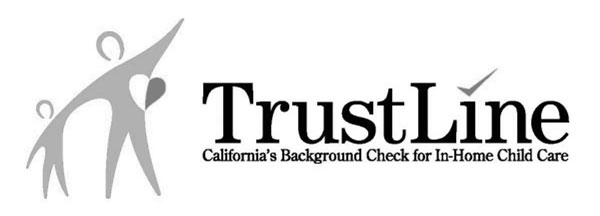It’s hurricane season across the Atlantic and it’s important to be prepared for whatever extreme weather may come your way. Property owners and the people that manage their estates need to know how to prepare their home in the event that a hurricane comes barreling down. Here are some of the most important things to keep in mind.
Hurricane Preparation
Have a written emergency plan in place.
Make sure there is a written emergency plan in place so the principal, other staff in the home, and family members all know where to go and what to do if disaster strikes. Identify meet-up locations, know evacuation routes, and create a list of people you’ll need to contact.
Put those contacts in your wallet, on your phone, or somewhere visible and easy to get to in the home to grab in case you need to leave. If you need to shelter in place, be sure you know where the water and power shut offs are in the home, too.
Be sure other staff knows their role.
Clearly define the roles or responsibilities of other staff in the home. Train them ahead of time and communicate well before disaster strikes, so you know if there are any gaps or areas that need to be adjusted or improved in the plan.
Then, assign specific people to be in charge of different parts of communication or clean up, including monitoring weather updates, coordinating with the principal or other authorities, or responding to inquiries. Review or update these roles as needed.
Load up on basics and have important documents accessible.
Be sure that you have enough food (with a can opener) and water for at least three days. This includes having plenty of water, batteries, flashlights, gas, oil for generators, long extension cords, medications, and pet foods.
Also, make sure you make copies of important documents – financial statements, health insurance or prescription information, photos, or other business items. Keep them on a USB memory stick, store them on the cloud, or on your phone.
Bring as many outdoor items inside that you can.
Patio chairs, tables, potted plants, yard décor, play sets, or other items that could be blown away should be moved in as quickly as possible. Large items could be easily picked up with strong winds and fly through your home or neighbor’s home, which poses a real safety threat.
Prepare the property.
Flooding can be one of the biggest issues when a hurricane rolls through. Identify flood-prone areas around the property and make sure all gutters or drainage systems are clear of debris and can drain water away from the home. Purchase sandbags or have other flood prevention measures in place.
Be sure the maintenance staff trim the trees so there isn’t the risk of them falling onto the property and ensure the roof is intact with no issues that could be worsened by a hurricane.
Charge everything that you can and ensure vehicles are gassed up.
Hurricanes can be difficult to predict, but when experts see one coming, there will be some advance warning to get things in order. Start charging everything you can – phones, laptops, iPads, and important medical devices. Be sure to have some backup chargers fully charged and ready to go, and add some charging cords to your cars, so you can potentially charge your phone or other device in there.
Fill all vehicles with full tanks of gas and get some extra external tanks of gas filled in the event gas stations are damaged and cannot provide fuel.
Have cash available.
If power goes out and card machines don’t work, it’s important to have cash on hand. This will help you purchase gas, food, or other essential items until power and the Internet is restored.
Check all insurance policies.
As an estate manager, you will need to have a good understanding of the principal’s insurance policy as to ensure there is enough coverage for hurricane-related damage. Having a robust hurricane plan on the policy can help minimize the financial impact and stress that comes when a natural disaster occurs.
Estate managers are the go-to when it comes to the home, so be sure that you conduct regular inspections to address any vulnerabilities that could be harmful in the event of a hurricane.
Planning ahead will help you ensure that the home stays in good condition and can withstand the strong forces of nature, ultimately creating a safer space for everyone.







